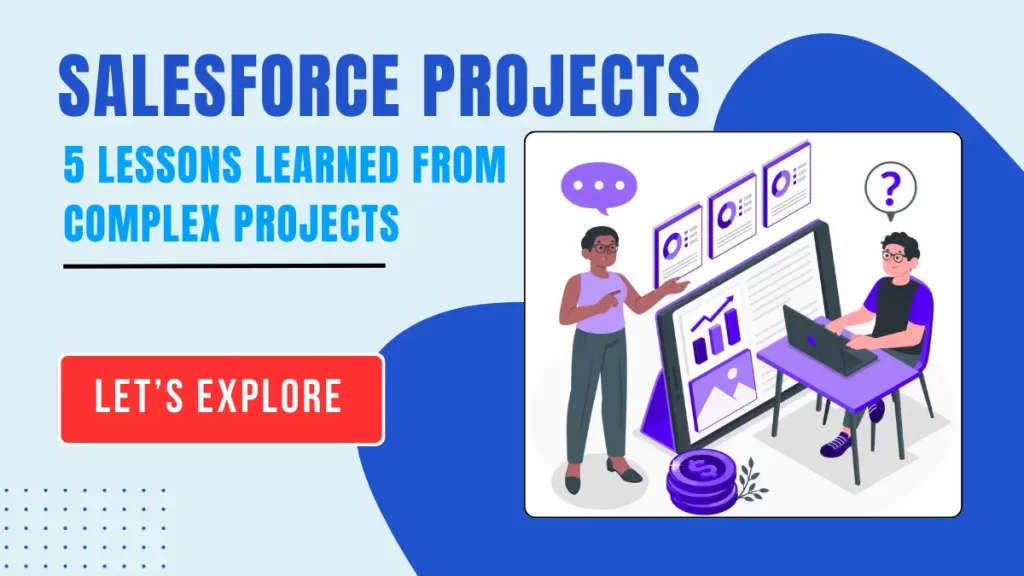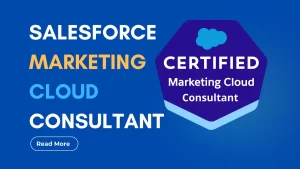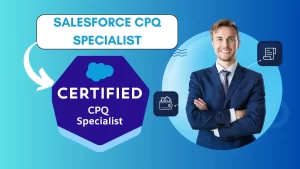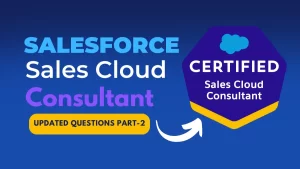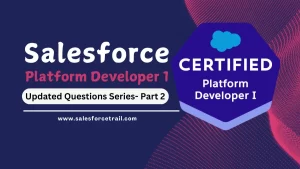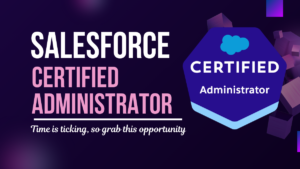Salesforce Projects are now an important part of how businesses grow and keep track of their customers. But, like any large project, they come with challenges. Complex Salesforce projects often face problems that can slow progress or cause failure. However, each challenge brings a valuable lesson. This article will explore five important lessons from real-world Salesforce projects. These lessons will help you avoid common pitfalls and set your team up for success.
#Lesson 1: Communication is Key
Many Salesforce projects stumble because of poor communication. Teams might not share updates, or key information may get lost in long email threads. This leads to misunderstandings, delays, and frustration. From the very beginning, clear communication must be a top priority. Every team member should know their role, what’s expected of them, and the goal of every member behind the project. Regular meetings, shared project dashboards, and clear documentation are essential lessons to keep everyone on the same page.
Takeaway: Make communication a daily habit, not an afterthought.

#Lesson 2: Define Clear Goals from the Start
Unclear or shifting goals are a recipe for disaster in Salesforce projects. Without a clear objective, teams can waste time building features that don’t add value. Before starting, stakeholders and project leaders should sit down to define specific, measurable goals. These goals should guide every decision throughout the project lifecycle. Changing requirements midway can lead to wasted time, extra costs, and frustrated team members.
Takeaway: Start with clear, well-defined goals and stick to them.
#Lesson 3: Avoid Over-Customization
Salesforce is highly flexible, allowing teams to customize it to meet their needs. However, too much customization can cause problems in the long run. Over-customized systems can become difficult to maintain, update, or scale. Instead, teams should try solving problems using Salesforce’s built-in tools and features. Custom development should only be used when necessary.
Takeaway: Keep things simple—use standard features first, and customize only when needed.
#Lesson 4: Prioritize Data Quality
Salesforce runs on data, and poor-quality data can ruin even the best-designed system. Inaccurate, outdated, or duplicate data can lead to bad decisions and unreliable reporting. To prevent this, teams should enforce strict data entry rules, validate inputs, and regularly clean up old data. Data hygiene is not a one-time task—it’s an ongoing process.
Takeaway: Clean data equals better results. Make data quality a routine task.
#Lesson 5: Invest in Training and Support
A Salesforce project doesn’t end when the system goes live. If users don’t know how to use the system, all the hard work during implementation will go to waste. Teams need proper training to understand how Salesforce works and how it fits into their daily tasks. Ongoing support is also essential to help users troubleshoot issues and stay confident using the platform.
Takeaway: Training isn’t optional—it’s the key to long-term success.
Bonus Tip for Salesforce Projects: Test, Test, and Test Again
Testing is one of the most overlooked stages of Salesforce projects. Bugs or overlooked errors can cause major issues after launch. Regular testing, including user acceptance testing (UAT), is essential to ensure the system works as expected.
Takeaway: Test thoroughly before launching your Salesforce project.
Final Thoughts
Complex Salesforce projects can be challenging, but each hurdle offers a chance to improve. By focusing on clear communication, well-defined goals, balanced customization, clean data, and proper training businesses can ensure their Salesforce projects deliver lasting value. Remember, success isn’t just about technology—it’s about people, collaboration, and continuous improvement.
Must Visit Links:
- 10 Proven Steps of Seamlessly Implementing Salesforce AgentForce
- Salesforce Agentforce in Action: Top Use Cases and Benefits for Smarter Business
- Understanding Salesforce API Limits and Best Practices
- Salesforce Introduces Agentforce 2.0 | Transforming Business Operations with AI
- A Guide to Salesforce Reports and Dashboards for New Admins
- Are Salesforce Certifications Worth It for Beginners? Insights from Experts
Resources
- [Salesforce Developer] (https://developer.salesforce.com/)
- [Salesforce Success Community] (https://success.salesforce.com/)
For more insights, trends, and news related to Salesforce, stay tuned with Salesforce Trail

Mayank Sahu
I’m a Salesforce enthusiast passionate about CRM solutions, automation, and integrations. As a continuous learner, I stay updated with the latest Salesforce trends, tools, and innovations to share valuable insights and best practices. My goal is to help businesses and professionals maximize their Salesforce potential through actionable tips, industry updates, and strategic guidance.
Follow me for expert insights and the latest updates from the Salesforce ecosystem!
- Mayank Sahu#molongui-disabled-linkDecember 11, 2025
- Mayank Sahu#molongui-disabled-link
- Mayank Sahu#molongui-disabled-linkOctober 24, 2025
- Mayank Sahu#molongui-disabled-linkOctober 15, 2025


